Divine Complexity : The Rise Of Creedal Christianity
$53.33
Introduction
1. The Primacy Of The Gospel
Augustinian Critique Of Epistemology
The Primacy Of The Gospel
Natural Theology? Divine Simplicity?
Kataphatic Theology
2. From Resurrection Kerygma To Gospel Narrative
The Resurrection Of The Crucified As Hermeneutic
The Chief Question: Resurrection As The Spirit’s Narration
Resurrection As Event In The Life Of God
Resurrection As Possibility In The Life Of The World
Resurrection As Reality In The Life Of The World
Resurrection’s Retroactive Causality
Bultmann’s Objection
The Gospel As Promissory Narrative
3. The Scriptures’ Emergence As The Church’s Canon
Jesus-New And Living Temple
The Johannine Bridge
Critique Of Modern Johannine Criticism
Kasemann’s Dissent
Hoskyns’s Theological Interpretation Of John
The Johannine Theology Of The Martyr
Ignatius, Polycarp, And The Martyrs’ Canon
The Knowledge Of God In The New Testament
4. The Trinitarian Rule Of Faith
Paul As Theologian
Paul’s “Canon” Of Faith (Galatians 6:16)
Early Christian Dogma In The Pastoral Epistles
Martyrological Ethos In The Pastoral Epistles
Christian “Atheism” In Justin Martyr
Justin Against Gnosticism
Irenaeus And The Theology Of The Martyrs
The First Dogmatics
The Economy Of God
The Rule Of Faith And The Trinity
5. The Confrontation Of Biblical And Philosophical Monotheism
The Problem Of Christianity And Platonism
Overview Of Trinitarian Doctrine And Trinitarian Errors
Two Kinds Of Monotheism: The Living God Of Radical, Or Exclusive,
Monotheism
Two Kinds Of Monotheism: Divine Simplicity
Eternal Generation
Systematic Theology As Systematic Apologetics
Arius As Consistent Platonist
6. The Holy Trinity As The Eternal Life
The Martyriological Background
The Creed At Nicea 325
Theology Of Redemption
Lord And Giver Of Life
The Homoiousions And The Homoousions
The Failure Of Biblicism
The Trinitarian Theology Of The Cappadocians
Worshipped And Glorified, Together With The Father And The Son
Postscript: The “Impassible Passibility” Of The Trinity
Notes
Index
Additional Info
Paul Hinlicky reads the history of the early church as a genuine, centuries-long theological struggle to make sense of the confession of Jesus’ life, death, and resurrection. Protesting a recent parting of the ways between systematic theology and the history of early Christianity, Hinlicky relies on the insights of historical criticism to argue in this historical survey for the coherence of doctrinal development in the early church. Hinlicky contends that the Christian tradition shows evidence of being governed by a hermeneutic of “cross and resurrection.” In successive chapters he finds in the New Testament writings a collective Christological decision against docetism; in the union of Old and New Testaments, a monotheistic decision against Gnostic dualism; in the resulting sweep of the canon a narrative of the divine economy of salvation that posed a trinitarian alternative to Arian Unitarianism; and in the insistence upon the cross of the incarnate Son, a rebuke of Nestorianism.
This book is written with the student of early Christianity and the development of doctrine in mind.
in stock within 3-5 days of online purchase
SKU (ISBN): 9780800696696
ISBN10: 0800696697
Paul Hinlicky
Binding: Trade Paper
Published: November 2010
Publisher: Augsburg Fortress Publishers – 1517 Media
Print On Demand Product
Related products
-
Weight Of Glory
$16.99Selected from sermons delivered by C. S. Lewis during World War II, these nine addresses show the beloved author and theologian bringing hope and courage in a time of great doubt. “The Weight of Glory,” considered by many to be Lewis’s finest sermon of all, is an incomparable explication of virtue, goodness, desire, and glory. Also included are “Transposition,” “On Forgiveness,” “Why I Am Not a Pacifist,” and “Learning in War-Time,” in which Lewis presents his compassionate vision of Christianity in language that is both lucid and compelling.
Add to cartin stock within 3-5 days of online purchase
-
Church History In Plain Language
$39.99Over 330,000 copies sold. This is the story of the church for today’s readers.
Bruce Shelley’s classic history of the church brings the story of global Christianity into the twenty-first century. Like a skilled screenwriter, Shelley begins each chapter with three elements: characters, setting, plot. Taking readers from the early centuries of the church up through the modern era he tells his readers a story of actual people, in a particular situation, taking action or being acted upon, provides a window into the circumstances and historical context, and from there develops the story of a major period or theme of Christian history. Covering recent events, this book also:
*Details the rapid growth of evangelical and Pentecostal Christianity in the southern hemisphere*Addresses the decline in traditional mainline denominations
*Examines the influence of technology on the spread of the gospel
*Discusses how Christianity intersects with other religions in countries all over the world
For this fifth edition, Marshall Shelley brought together a team of historians, historical theologians, and editors to revise and update this father’s classic text. The new edition adds important stories of the development of Christianity in Asia, India, and Africa, both in the early church as well as in the twentieth and twenty-first centuries. It also highlights the stories of women and non-Europeans who significantly influenced the development of Christianity but whose contributions are often overlooked in previous overviews of church history.
This concise book provides an easy-to-read guide to church history with intellectual substance. The new edition of Church History in Plain Language promises to set a new standard for readable church history.
Add to cartin stock within 3-5 days of online purchase
-
Confronting Injustice Without Compromising Truth
$22.99God does not suggest, he commands that we do justice.
Social justice is not optional for the Christian. All injustice affects others, so talking about justice that isn’t social is like talking about water that isn’t wet or a square with no right angles. But the Bible’s call to seek justice is not a call to superficial, kneejerk activism. We are not merely commanded to execute justice, but to “truly execute justice.” The God who commands us to seek justice is the same God who commands us to “test everything” and “hold fast to what is good.”
Drawing from a diverse range of theologians, sociologists, artists, and activists, Confronting Injustice without Compromising Truth, by Thaddeus Williams, makes the case that we must be discerning if we are to “truly execute justice” as Scripture commands. Not everything called “social justice” today is compatible with a biblical vision of a better world. The Bible offers hopeful and distinctive answers to deep questions of worship, community, salvation, and knowledge that ought to mark a uniquely Christian pursuit of justice. Topics addressed include:
Racism
Sexuality
Socialism
Culture War
Abortion
Tribalism
Critical Theory
Identity PoliticsConfronting Injustice without Compromising Truth also brings in unique voices to talk about their experiences with these various social justice issues, including:
Michelle-Lee Barnwall
Suresh Budhaprithi
Eddie Byun
Freddie Cardoza
Becket Cook
Bella Danusiar
Monique Duson
Ojo Okeye
Edwin Ramirez
Samuel Sey
Neil Shenvi
Walt SobchakIn Confronting Injustice without Compromising Truth, Thaddeus Williams transcends our religious and political tribalism and challenges readers to discover what the Bible and the example of Jesus have to teach us about justice. He presents a compelling vision of justice for all God’s image-bearers that offers hopeful answers to life’s biggest questions.
Add to cartin stock within 3-5 days of online purchase
-
Person Of Interest
$24.99Dateline featured cold-case detective and best-selling author J. Warner Wallace investigates Jesus, the most significant person in history, like one of his “missing body, cold-cases,” demonstrating why Jesus still matters today, even in a world that is skeptical of the Bible.
Detective J. Warner Wallace listened to a pastor talk about Jesus and wondered why anyone would think Jesus was a person of interest.
Wallace was skeptical of the Bible, but he’d investigated several “no-body, missing person” cases in which there was no crime scene, no physical evidence, and no victim’s body. He successfully identified and convicted the killers in these cases, even without evidence from the scene.
Could the historical life and actions of Jesus be investigated in the same way? Could the truth about Jesus be uncovered even without a body or a crime scene? In Person of Interest, Wallace describes his own personal investigative journey from atheism to Christianity, as he employs a unique investigative strategy to confirm the historicity and deity of Jesus–without relying on the New Testament manuscripts.
Imagining a scenario in which every New Testament document has been destroyed, Wallace carefully sifts through the evidence from history alone to reconstruct the identity of Jesus as the world’s most important person of interest.
Person of Interest will:
*Invite readers into the life of a cold-case detective as he uncovers the truth about Jesus, using the same approach he also employs to solve a real murder case*Teach readers how to become good detectives, using an innovative and unique “‘fuse’ and ‘fallout'” investigative strategy they can also use to examine other claims of history
*Show how Jesus changed the world and why He still matters today
*Help readers to explore common objections to Christianity
Creative, compelling, and unique in its approach, Person of Interest will strengthen the faith of believers, while engaging those who are skeptical and distrusting of the New Testament.
Add to cartin stock within 3-5 days of online purchase

 David Livingstone : Africa's Greatest Explorer
David Livingstone : Africa's Greatest Explorer
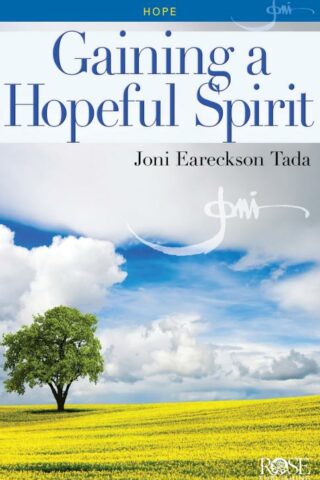 Gaining A Hopeful Spirit Pamphlet
Gaining A Hopeful Spirit Pamphlet
 Living Out Loud
Living Out Loud
 Rainbow Study Bible
Rainbow Study Bible
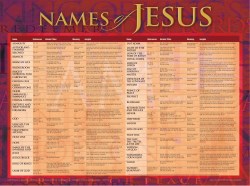 Names Of Jesus Pamphlet
Names Of Jesus Pamphlet
 Weight Of Air
Weight Of Air
 Bienvenidos Al Mundo De La Bib - (Spanish)
Bienvenidos Al Mundo De La Bib - (Spanish)
 Sportsmans Bible Large Print Compact Edition
Sportsmans Bible Large Print Compact Edition
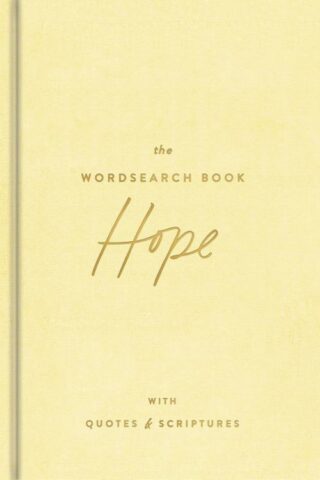 Wordsearch Book Hope
Wordsearch Book Hope
 Everyday Evangelism Bible Study Book With Video Access (Student/Study Guide)
Everyday Evangelism Bible Study Book With Video Access (Student/Study Guide)
 Explorer Bible For Kids
Explorer Bible For Kids
 Virginia : A Riveting Story Based On The Lost Colony Of Roanake
Virginia : A Riveting Story Based On The Lost Colony Of Roanake
 Life In Christ Bible Comfort Print
Life In Christ Bible Comfort Print
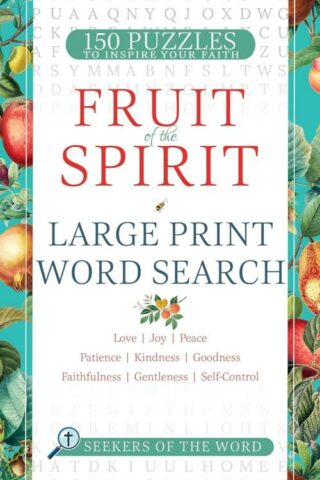 Fruit Of The Spirit Large Print Word Search (Large Type)
Fruit Of The Spirit Large Print Word Search (Large Type)
 Overdue Match
Overdue Match
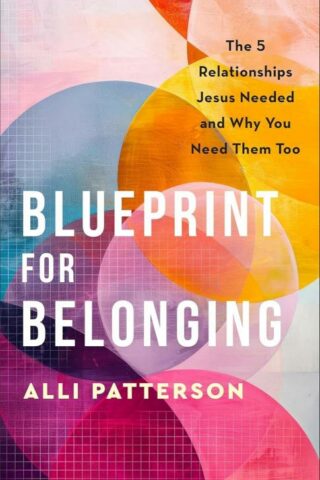 Blueprint For Belonging
Blueprint For Belonging
 Daily Wisdom For Girls
Daily Wisdom For Girls
 Premium Gift Bible Filament Enabled
Premium Gift Bible Filament Enabled
 Weekly Rest Project
Weekly Rest Project
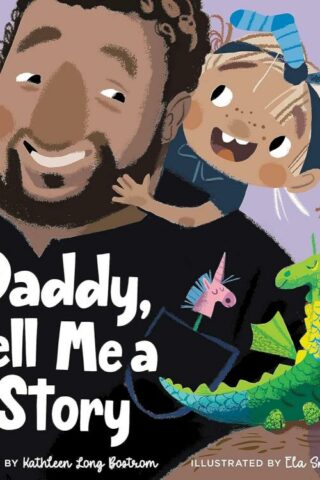 Daddy Tell Me A Story
Daddy Tell Me A Story
 Small Bonded Leather All Occasion Guest Book Black
Small Bonded Leather All Occasion Guest Book Black
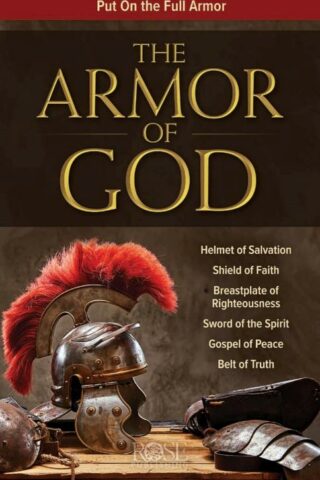 Armor Of God Pamphlet
Armor Of God Pamphlet
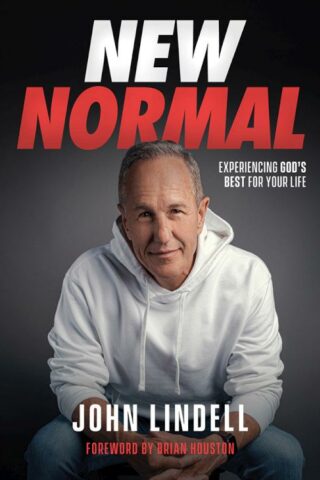 New Normal : Experiencing God's Best For Your Life
New Normal : Experiencing God's Best For Your Life
 Flourishing Family : A Jesus-Centered Guide To Parenting With Peace And Pur
Flourishing Family : A Jesus-Centered Guide To Parenting With Peace And Pur
 CZ Key 2 Matthew 6:21
CZ Key 2 Matthew 6:21
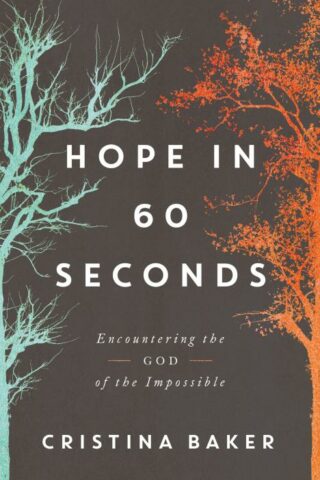 Hope In 60 Seconds
Hope In 60 Seconds
 Even In Darkness
Even In Darkness
 Friendship : Iron Sharpening Iron
Friendship : Iron Sharpening Iron
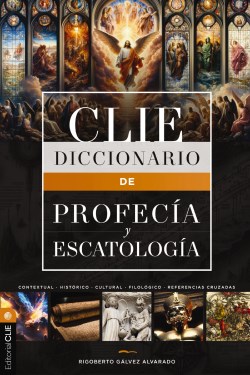 Diccionario De Profecia Y Esca - (Spanish)
Diccionario De Profecia Y Esca - (Spanish)
 Action Bible Study Bible
Action Bible Study Bible
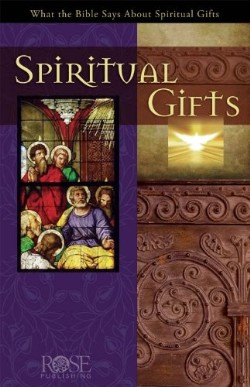 Spiritual Gifts Pamphlet
Spiritual Gifts Pamphlet
 Quiero Confiar En Ti Pero No P - (Spanish)
Quiero Confiar En Ti Pero No P - (Spanish)
 Operation Bungaree
Operation Bungaree
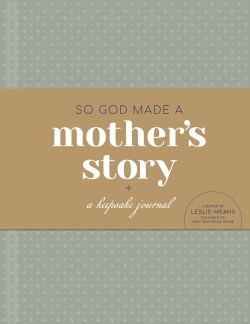 So God Made A Mothers Story
So God Made A Mothers Story
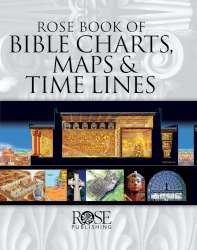 Rose Book Of Bible Charts Maps And Time Lines
Rose Book Of Bible Charts Maps And Time Lines
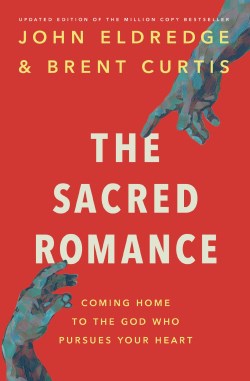 Sacred Romance : Coming Home To The God Who Pursues Your Heart (Revised)
Sacred Romance : Coming Home To The God Who Pursues Your Heart (Revised)
 Extreme Devotions : Daily Devotional Stories Of Ancient To Modern-Day Belie
Extreme Devotions : Daily Devotional Stories Of Ancient To Modern-Day Belie
 Pastors Bible
Pastors Bible

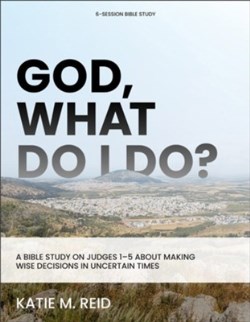
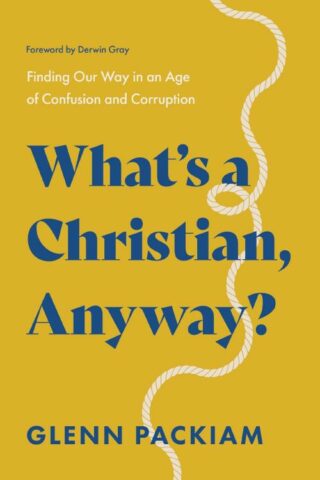
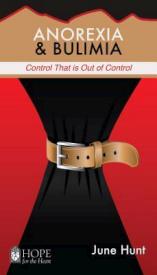
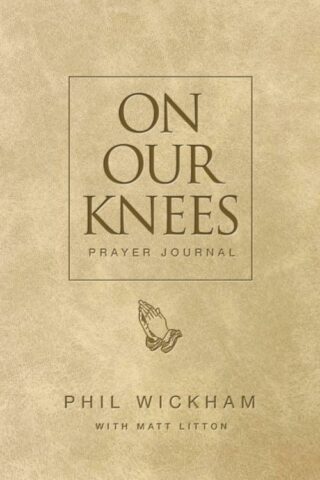
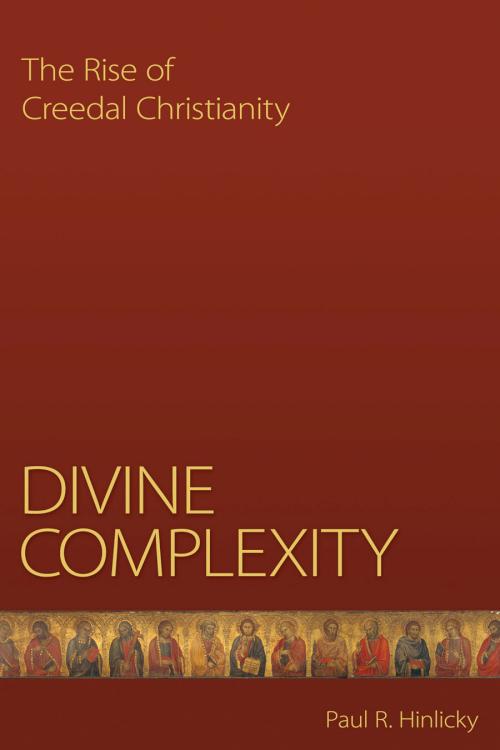
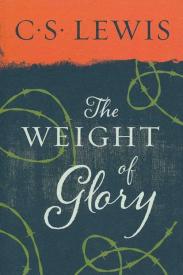
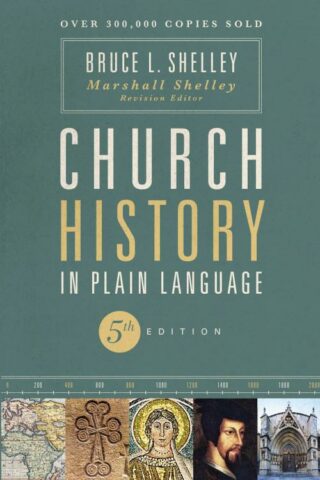
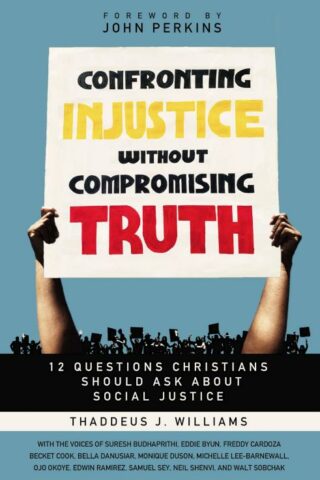
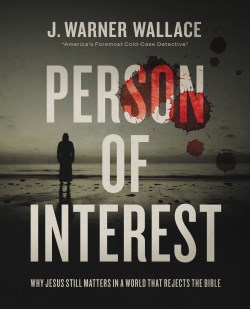
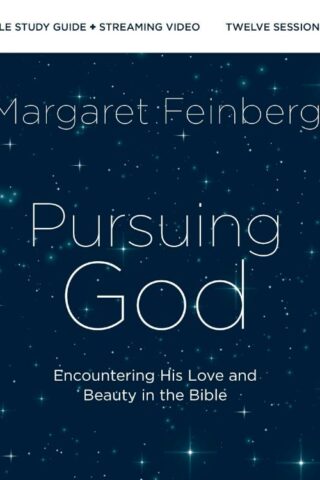


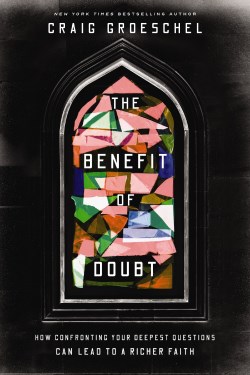
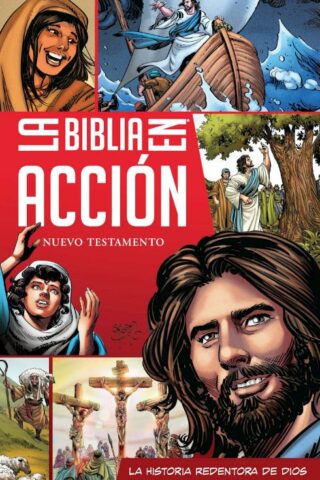
Reviews
There are no reviews yet.